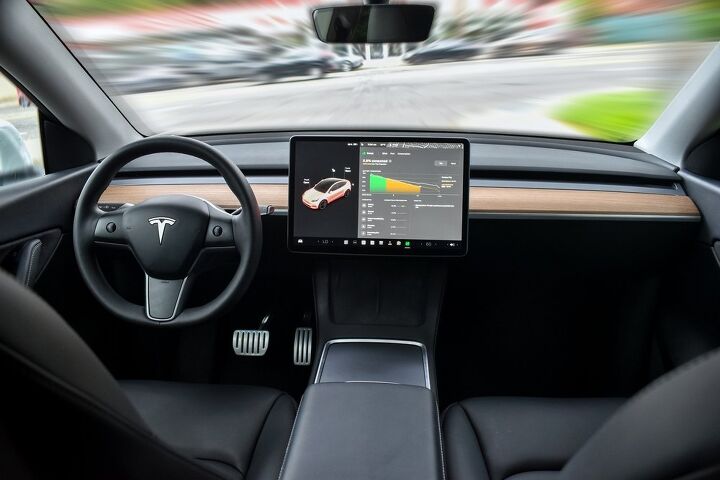How the World Views Autonomous Vehicles
In a recent global survey conducted by Maison Law, a personal injury law firm based in Fresno, California, the levels of trust and comfort with autonomous vehicles were explored across different countries. The survey aimed to understand the global perceptions and readiness for sharing roads with these technologically advanced vehicles.
Varied Trust Levels Across Countries
The study revealed a diverse range of trust levels among the populations of various countries. Notably, individuals from China, Russia, and the United Arab Emirates (UAE) exhibited the highest trust in autonomous vehicles. The survey showed that more than 80 percent of respondents from these countries are comfortable with the idea of sharing the roads with autonomous vehicles.
Conversely, the United States, Japan, and South Korea demonstrated lower levels of trust. In these countries, approximately half of the survey participants expressed discomfort with the presence of autonomous vehicles on the roads.
Country-Specific Findings
- United Arab Emirates – 88 percent
- United States – 57 percent
- Germany – 71 percent
- United Kingdom – 74 percent
- Israel – 66 percent
- China – 94 percent
- Canada – 60 percent
- Australia – 63 percent
- Japan – 52 percent
- Russia – 89 percent
- South Korea – 52 percent
Implications and Future Directions
The survey's findings suggest a broad spectrum of public trust in autonomous vehicles, influenced by geographical and possibly cultural factors. These variations indicate the need for tailored approaches in the introduction and integration of autonomous vehicles within different societies.
Understanding these perceptions is crucial for policymakers, automotive manufacturers, and technology companies as they navigate the complexities of introducing autonomous technologies to the public. Building trust through transparency, safety assurances, and public education will be key to fostering a harmonious coexistence between autonomous vehicles and human drivers.
This article was co-written using AI and was then heavily edited and optimized by our editorial team.
More by TTAC Staff
Latest Car Reviews
Read moreLatest Product Reviews
Read moreRecent Comments
- Arthur Dailey 'The capitalists will sell use the very rope that we use to hang them.' In our household we have cut down our shopping/spending and pay more to purchase products from 1st world nations or 2nd world nations that are our 'allies'. That also means quite often only buying and eating fruit and vegetables that are in season. Just like our parents and grandparents did.At least TTAC published an article on May 21st regarding LAN transformers that contravene the Uyghur Forced Labour Prevention Act being used in some BMW, Jaguar, Land Rover, and VW products?
- ToolGuy I wouldn't buy any old Chinese brand of vehicle, but the right EV at the right price, maybe possibly yes. If you told me this would alarm Ford and torque off FreedMike, all the better. 😉P.S. I would *definitely* consider an EV made in Taiwan. Take that, paramount leader!P.P.S. China batteries/components to convert one of my ICE vehicles to EV? Yes.
- Wolfwagen I expect Renault to be less popular than Fiat
- ToolGuy Helium-3, baby!
- Roman Our 1999 Pontiac Sunfire Gt is still running without any issues. 25 years and counting.


































Comments
Join the conversation